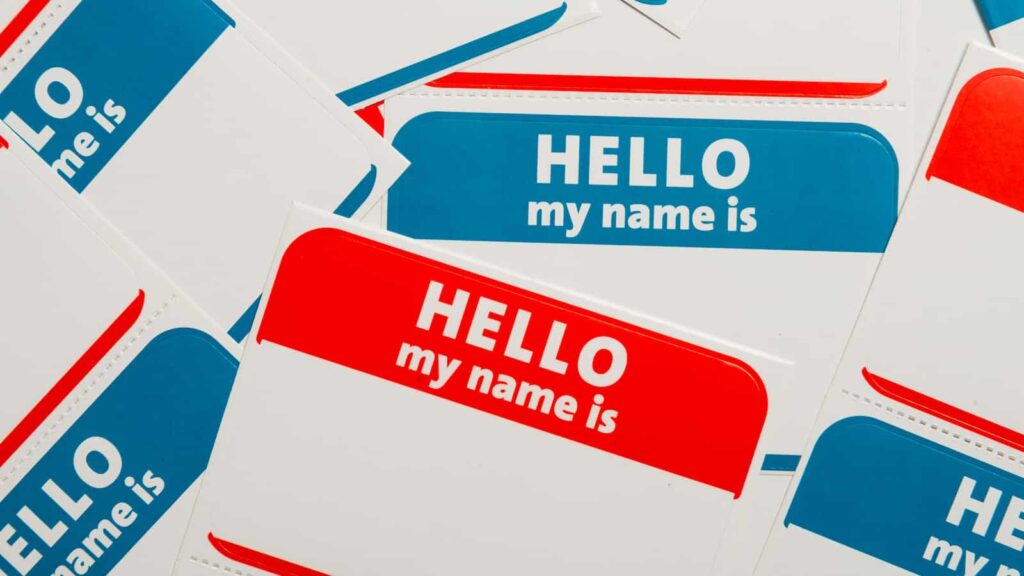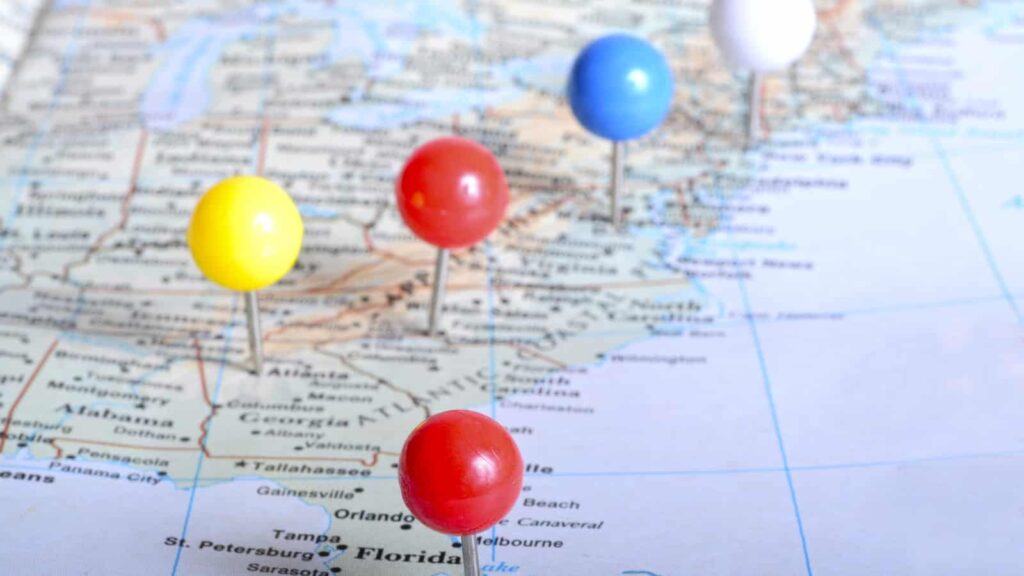15 Words That Exist in Other Languages But Not in English
15 Words That Exist in Other Languages But Not in English

Exploring unique words from different languages unveils how culture shapes language and vice versa. These words often express concepts that do not have a direct equivalent in English, offering a glimpse into how other cultures experience the world. Here are 15 such fascinating words, each capturing an emotion, action, or feeling that English just doesn’t quite convey on its own.
1. Waldeinsamkeit (German)

Imagine being alone in the woods, surrounded by the quiet whispers of nature, and you’ve tapped into the essence of ‘Waldeinsamkeit.’ This German word points to a specific kind of solitude that is both peaceful and restorative, found through a deep connection with nature. It’s about feeling small in the vastness of the forest yet profoundly connected to the earth and oneself.
2. Sobremesa (Spanish)

‘Sobremesa’ refers to the relaxed time spent chatting with friends or family after a meal, typically lunch or dinner. This Spanish term doesn’t just describe a timeframe; it encompasses the joy and bonding that come from sharing stories and laughs over the table long after the plates have been cleared. It’s a cherished cultural tradition that prioritizes relationships and leisurely enjoyment of conversation.
3. Hygge (Danish)

‘Hygge’ is a Danish concept referring to a sense of coziness and comfort that engenders a feeling of contentment or well-being. This is not just a physical sensation; it’s a psychological state that involves finding joy in the simple pleasures of life, like feeling warm under a blanket or sipping hot cocoa by a fire. It’s about creating a warm atmosphere and enjoying the good things in life with good people.
4. Uitwaaien (Dutch)

In Dutch, ‘uitwaaien’ means taking a walk in the wind, especially to clear one’s mind. It’s a popular activity in the Netherlands where you step outside, regardless of the weather, to refresh and rejuvenate your thoughts. This word captures the essence of using nature’s power to reset and restore oneself, emphasizing the importance of taking a break from routine to care for one’s mental health.
5. Komorebi (Japanese)

The Japanese term ‘komorebi’ describes the interplay between light and leaves when sunlight filters through trees. The sight, uniquely calming and beautiful, highlights a very specific and serene moment in nature. It’s a reminder of the beauty of the world around us, often unnoticed in our daily hustle and bustle, and a call to pause and appreciate these fleeting natural phenomena.
6. Gigil (Filipino)

Ever seen something so cute that you just wanted to squeeze it? ‘Gigil’ is a Filipino word that describes the overwhelming urge to pinch or squeeze something irresistibly adorable. It’s a visceral reaction to cuteness and can apply to anything from a chubby baby’s cheeks to a beloved pet. This word perfectly captures that specific impulse and the joyful emotion tied to it.
7. Tartle (Scottish)

‘Tartle’ is a quirky Scottish term for that awkward moment when you hesitate because you can’t remember someone’s name. It’s something everyone has experienced at one point or another, offering a blend of embarrassment and searching for recognition in the back of your mind. This word gives a name to that common social hiccup, making it a little more forgivable and human.
8. Iktsuarpok (Inuit)

The Inuit word ‘iktsuarpok’ describes the feeling of anticipation that leads you to keep looking outside to see if anyone is coming. It could be the eagerness of expecting a guest, or the anxious wait for someone important. This term encapsulates those moments of hopeful expectation and reflects how universal the experience of waiting can be, filled with both excitement and a touch of nervousness.
9. Mångata (Swedish)

‘Mångata’ is a Swedish word for the glimmering, road-like reflection that the moon creates on water. This beautiful phenomenon can be seen as a path extending from your feet into the distance, suggesting a bridge between you and the far-off moon. The word not only describes this stunning visual but also evokes a feeling of wonder and the poetic interplay between light and water.
10. Yūgen (Japanese)

The Japanese concept of ‘yūgen’ relates to a profound, mysterious sense of the beauty of the universe which is felt more than it is seen. This feeling is so deep and complex that it cannot be fully conveyed in words, capturing moments that move us beyond normal understanding and into emotional depths that are intuitively felt. It’s about feeling connected to something far greater than oneself.
11. Cafuné (Brazilian Portuguese)

Ever gently run your fingers through someone’s hair? In Brazil, they have a specific word for this act: ‘cafuné.’ It’s not just a gesture of affection but also a shared moment of intimacy, comfort, and love. This Brazilian Portuguese term encapsulates the soothing and tender nature of the act, highlighting the emotional connection and trust involved between the people sharing this gentle touch.
12. Schadenfreude (German)

‘Schadenfreude’ is a German word that describes the somewhat guilty pleasure derived from seeing someone else’s misfortune. While it may not be the noblest of emotions, this term admits to a common human reaction and acknowledges those little moments of finding relief or amusement in the struggles of others. It’s a complex emotion that encompasses both self-awareness and a touch of dark humor.
13. Fernweh (German)

A craving for travel and experiencing distant places is encapsulated in the German word ‘fernweh.’ This term goes beyond wanderlust by describing an ache for unknown lands, a deeper emotional state that drives one to seek new experiences far from home. ‘Fernweh’ reflects a longing not just for travel, but for the feeling of being somewhere far away, exploring new horizons.
14. Saudade (Portuguese)

‘Saudade’ is a Portuguese term that expresses a melancholic longing or nostalgia for something or someone that you may never return to or that might never exist again. It’s a deep emotional state that combines elements of sadness, love, and memory, often carrying a repressed knowledge that the object of longing might never be had again. Saudade is bittersweet, imbued with both happiness for having known and sadness for the absence.
15. Meraki (Greek)

The Greek word ‘meraki’ means putting something of yourself into what you’re doing, whether it’s passion, skill, or creativity. It’s about infusing part of your soul into your work, making it a reflection of yourself. This concept applies to any creative endeavor and highlights the joy and fulfillment that comes from fully investing oneself in a task and leaving a personal mark on the finished product.
We are Mary and Eric, the founders of Be Right Back, a blog dedicated to romance around the globe and at home.
We are Mary and Eric, the founders of Be Right Back, a blog dedicated to romance around the globe and at home. With over 10 years of experience in dating and traveling to romantic places, we share our favorite date ideas and romantic destinations to help couples level up their relationships. Having lived in and traveled through the USA, we also share our favourite things to do in the States.
With 70,000 monthly readers and 16,000 followers on social media, Be Right Back is your go-to resource for romantic trip ideas and couple activities at home and abroad.
